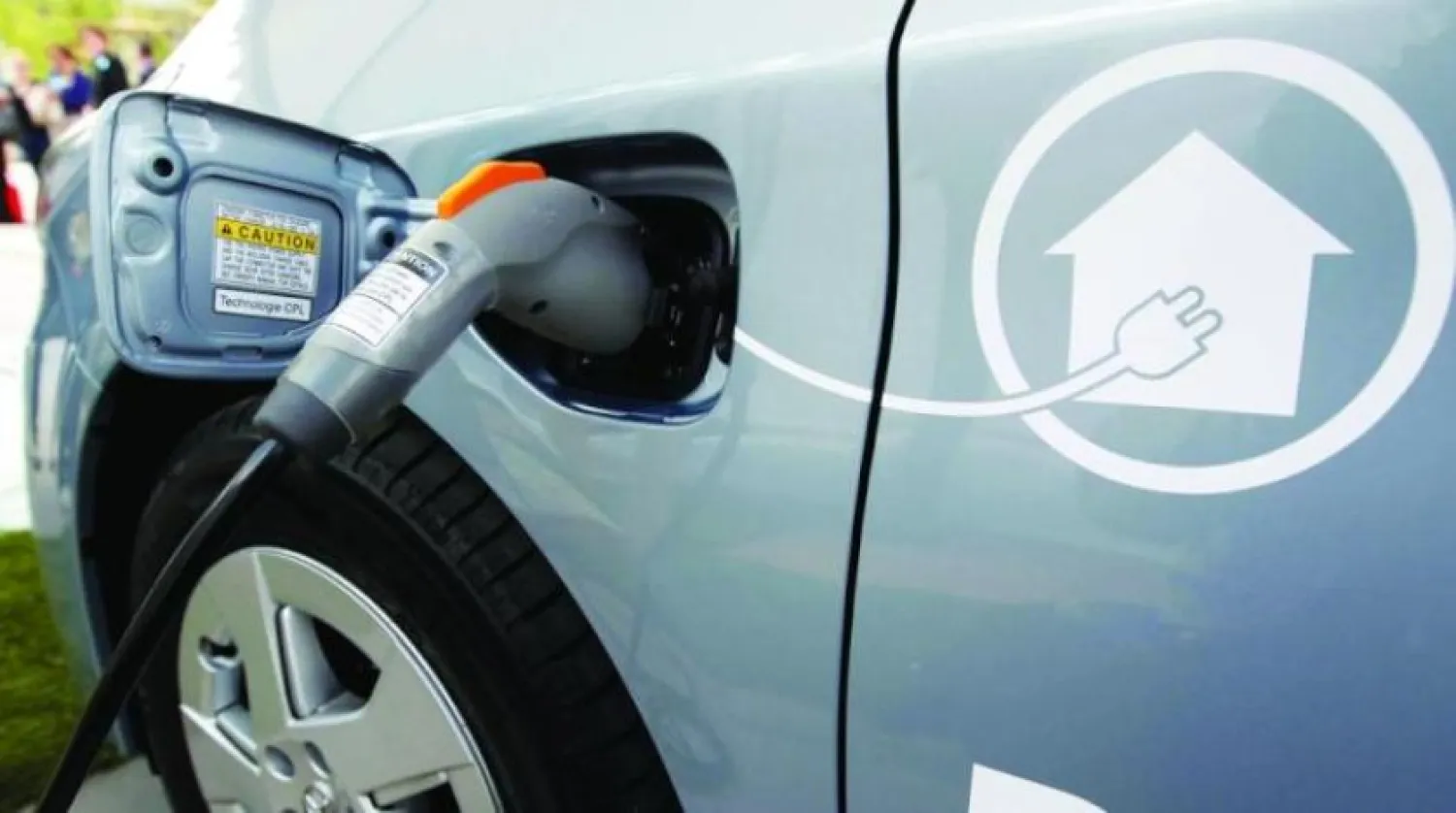Egypt, the United Arab Emirates, Jordan, and Bahrain discussed the localization of the technology of producing electric cars with local components from resources available in these countries.
Officials from the four countries discussed funding sources, the ambitious project management method, the timeline, and the manufacturing, hoping that the first Arab e-car would be showcased during the UN Climate Change Conference (COP28) in UAE in November.
The higher committee meetings of the Integrated Industrial Partnership met in Cairo at the headquarters of the Arab Organization for Industrialization (AOI) between Mar. 19 and 21.
They discussed boosting the partnership between the four countries and exploiting the capabilities and energies available to them.
AOI Chairman Mokhtar Abdel Latif stressed the importance of strengthening cooperation with Arab countries and exploiting national manufacturing capabilities to deepen and increase local manufacturing rates and localize technology.
He noted the importance of achieving Arab industrial integration, increasing added value, and limiting imports, thus enhancing the strategic plan for the industrial development of the Arab countries and growing export opportunities and fields.
During the talks, Abdel Latif underlined the importance of the speedy completion of executive procedures for the production of the joint Arab e-car to display it at COP28 and the completion of the production stages to cover the needs of Arab countries for these environmentally friendly cars.
He described the committee as the engine of Egyptian industry and it contributes to various fields of industrial renaissance, according to Egypt’s vision for sustainable development in 2030.
The AOI is interested in linking scientific research with industry and transforming research into innovative products and services that represent scientific solutions to social problems and challenges.
The AOI aims to boost the partnership between Arab countries by putting all its advanced manufacturing capabilities to serve and meet the needs, said Abdel Latif.
The committee also held a meeting at the headquarters of the Arab American Vehicles (AAV), which is affiliated with the AOI in Egypt, with Chairman Osama Abdel-Aleem.
The talks discussed the capabilities available in the four countries in producing an Arab e-car.
The committee members inspected the production lines of the AAV company, lauding the technological capabilities available in the company.
The committee then toured several AOI factories and private sector companies working in the automotive industry in Egypt.









